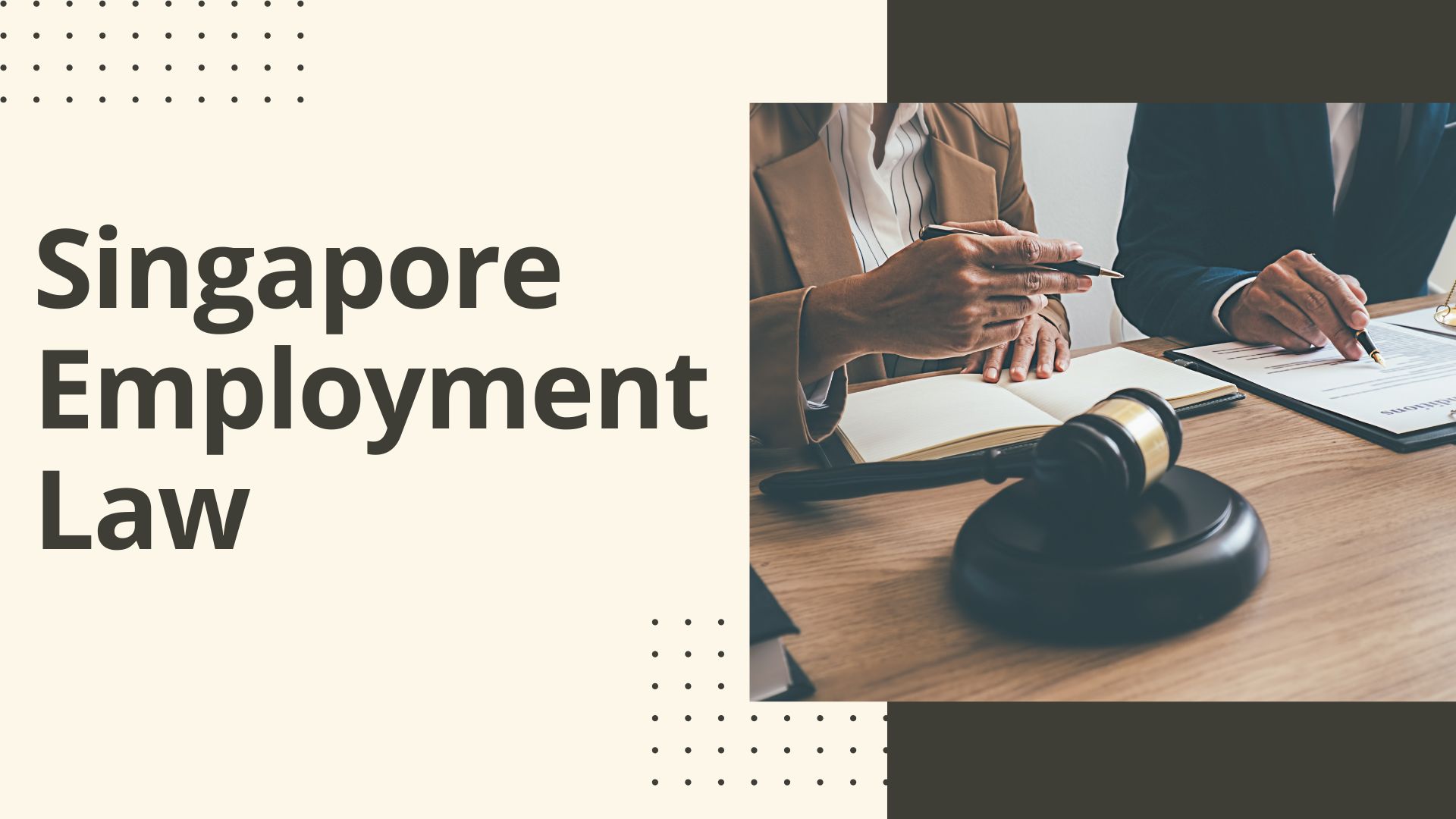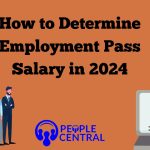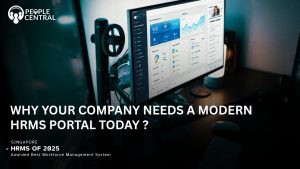As an employer in Singapore, navigating the labyrinth of employment law can sometimes be like attempting to find your way through the throng of human traffic in Chinatown without a map. That being said, never fear! This guide will explain the most important parts of Singapore employment law so that you are not only compliant, but also maintain the good relationship with your employees you want to continue.
Singapore Employment Act: The Back Bone
The main source of employment law in Singapore is the Employment Act. It is a constitution for any employment relation occurring within the country. It incorporates provisions relating to work hours and overtime, annual leave, and sick leave entitlements. Its application, however, does not extend to all people. Some are selectively applied. Some provisions exempt managers and executives who earn above a threshold rate. You thus need to identify which provisions of the Act apply to your employees.
Also Read:- Progressive wage model Singapore 2024 | Ministry of Manpower
Singapore Employment Law: Everything You Need To Know As An Employer
Contracts
Gone are the days when a handshake was your bond. As it currently stands, in Singapore written contracts are a necessity, not just a nicety. Your employment contracts should clearly state all relevant terms and conditions, including job responsibilities, working hours, salary and benefits. A contract in effect serves as the roadmap for your employment – the clearer it is, the fewer times you’ll find yourself stopped and asking for directions, or getting hopelessly lost, into the bargain!
CPF Legislation
One responsibility you can’t shirk if you have hired someone in Singapore – employer or employee – is the need to contribute to the Central Provident Fund (CPF) diligently. CPF is our national social security savings plan funded by contributions from employers and employees. Both parties of the employment relationship contribute a percentage of the employee’s monthly salary to their CPF account, which acts as a fund for retirement, asset enhancement, investment in healthcare and home ownership. If you ask me, low CPF compliance is sure to put a damper in your dreams of a happy and meaningful retirement – security and peace of mind must surely trump other considerations.
Leave Entitlements
Singaporeans are known for their seriousness in terms of work ethics, but the city-state does know that sometimes people need to rest and recuperate. As an employer, you are expected to give your workers different kinds of leave, be it annual leave, sick leave, or maternity leave. You can now rest knowing that eligible employees are entitled to up to 14 days of paid annual leave. Not just about compliance, either-there are many cases where generous leave policies do a lot for morale and productivity. And let’s face it: an appropriately rested employee is an incredibly happy employee!
Termination Rules
Never easy to terminate an employment relationship, so knowing the rules helps soften the blow for all parties concerned. Both Singaporean employers and employees must provide some quantum of notice before termination-except in cases of serious misconduct-for example. Notice varies with service; most often the longer the time with an employer, the longer the notice period. A graceful exit is always better than a messy breakup-for the reputation of your company and future potential rehires.
Foreign Workers
The workforce in Singapore is as diverse as the variety of food in a hawker center. If you are thinking of hiring foreign workers you will want to have a good grasp of the work pass requirements. Each category is distinct under the work pass regime, which has rules and quotas — like the right mix of ingredients for your rojak dish, it takes an art and exactness to work through this — as well as the Employment Pass for professional jobs, to Work Permits for semi-skilled jobs.
Workplace Safety
To speak to workplace safety in Singapore, is not just to avoid accidents, but to create a holistic workplace setting, including aspects of mental well
being too. You know, the Workplace Safety and Health Act (WSHA) is fairly clear under the obligations of employer responsibility for workplace safety. And it covers everything from personal protective equipment (PPE), to workplace harassment policies. To imagine being the guardian of your employees well being may elicit more emotional response than simply thinking about it being an obligation.
Also Read:- Ministry of Manpower latest updates 2025
Fair Consideration Framework
Welcome global talent to Singapore, but ensure local workers get a fair shot at employment opportunities. The Fair Consideration Framework requires employers to consider Singaporeans fairly for job openings. It is not discrimination; it is creating a level playing field. So, before casting the net as wide as possible for talent, first check out the local pool.
Stay Updated
If there is one piece of advice I can keep on harping on and on about, it is this: stay updated! Employment laws in Singapore are constantly changing to keep abreast with the best practices across the globe and requirements in place. What was compliant yesterday might not be so today. Keeping a periodic review of your HR policies and practices up-to-date to ensure you will always be on the right side of the law.
Note: For a comprehensive overview of Singapore’s employment legislation, check out the Ministry of Manpower’s official website.








 5
5


























